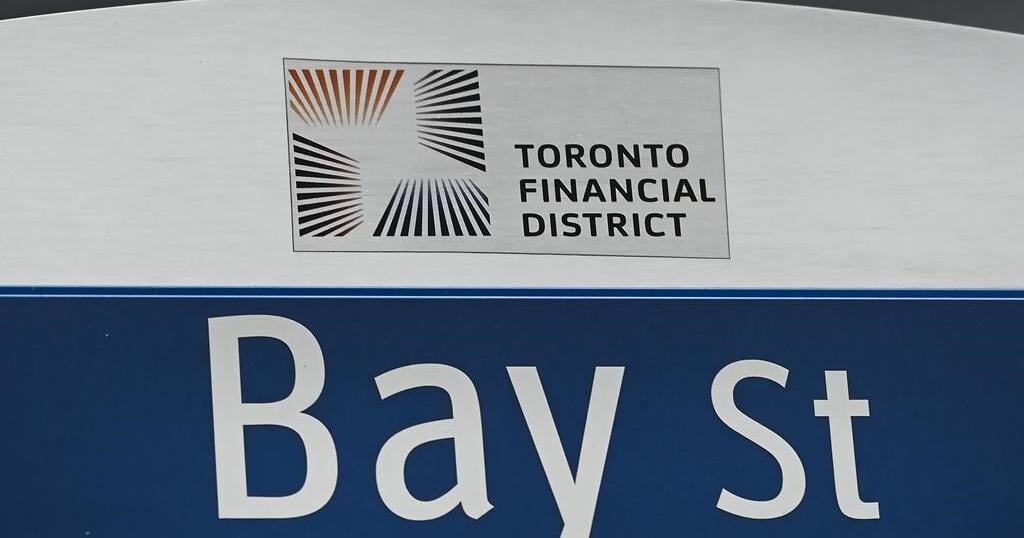LONDON — Britain’s economy is unlikely to have a quick bounce back as it recovers from its coronavirus shutdown which could have wiped more than 30% off output last month, the head of the country’s budget forecasting office said on Sunday.
Robert Chote, chairman of the Office for Budget Responsibility (OBR), said April was probably the bottom of the crash as the government is now moving to gradually ease its lockdown restrictions.
“We know that the economy, probably at its worst last month, may have been a third or so smaller than it normally would have been, in terms of output of goods and services and people’s spending,” he told BBC television.
“But that should be the worst of it.”
Britain, like many other countries, has shut down much of its economy to slow the spread of COVID-19.
Last month, the OBR said Britain’s gross domestic product could plummet by 13% in 2020, its biggest collapse in more than 300 years.
Chote said a quick, V-shaped recovery included in that report was only meant to be an illustrative scenario to show the hit to the public finances.
“In practice I think you are likely not to see the economy bouncing back to where we would have expected it otherwise to be by the end of the year, on that assumption, but instead a rather slower recovery,” Chote said.
As well as the pace of the lifting of the lockdown, the speed of the recovery would depend on how cautious consumers remained and how companies adjust to changes in the economy such as more demand for online retailing and less for restaurants.
Chote said Britain would not necessarily have to return to severe public spending cuts to cope with the debt surge that will come from its response to the coronavirus crisis.
Key factors include how much permanent damage the economy suffers, the level of interest rates on public debt – which are currently rock-bottom – and how much the country wants to spend on health and other services.
“But a post financial crisis-style, extended period of austerity is not a done deal,” Chote said, adding tax increases were another option.
Prime Minister Boris Johnson has said he will not lead Britain into a new period of austerity after previous Conservative-led governments sought to fix the public finances by cutting spending in many areas of public services. (Writing by William Schomberg; editing by Michael Holden and Jason Neely)

























